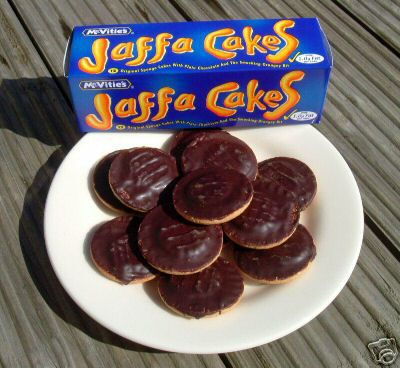jfrenchy
Member
So whenever most products that aren't cars are brought up on the show there is some censoring of the branding. For instance, if they are looking at a newspaper, one of the presenters usually covers the name of the paper with their hand. Other times you see things like post-it notes obscuring part of the name. In fact, James makes a joke out of this in his own pedantic way in the "Make your own RV" wherein he is using some food with a generic name but when put into context becomes associated with that a certain brand (I'm from the US so I have no idea what item he was specifically talking about).
Anyway I assume the reason for this is either A. it's illegal or frowned upon to give away any "free" advertising on public television or B. they don't have the consent to use that trademarked name.
The problem is though, this does not seem to apply at all to the cars on the show. They still talk about the brands and everything. Is there a reason why they have a pass to talk about cars but aren't allowed to talk about anything else?
It's a minor question but it was realllly bugging me the other day. Also, I tried a couple of searches, but if this has been discussed before please lock and redirect.
Anyway I assume the reason for this is either A. it's illegal or frowned upon to give away any "free" advertising on public television or B. they don't have the consent to use that trademarked name.
The problem is though, this does not seem to apply at all to the cars on the show. They still talk about the brands and everything. Is there a reason why they have a pass to talk about cars but aren't allowed to talk about anything else?
It's a minor question but it was realllly bugging me the other day. Also, I tried a couple of searches, but if this has been discussed before please lock and redirect.

